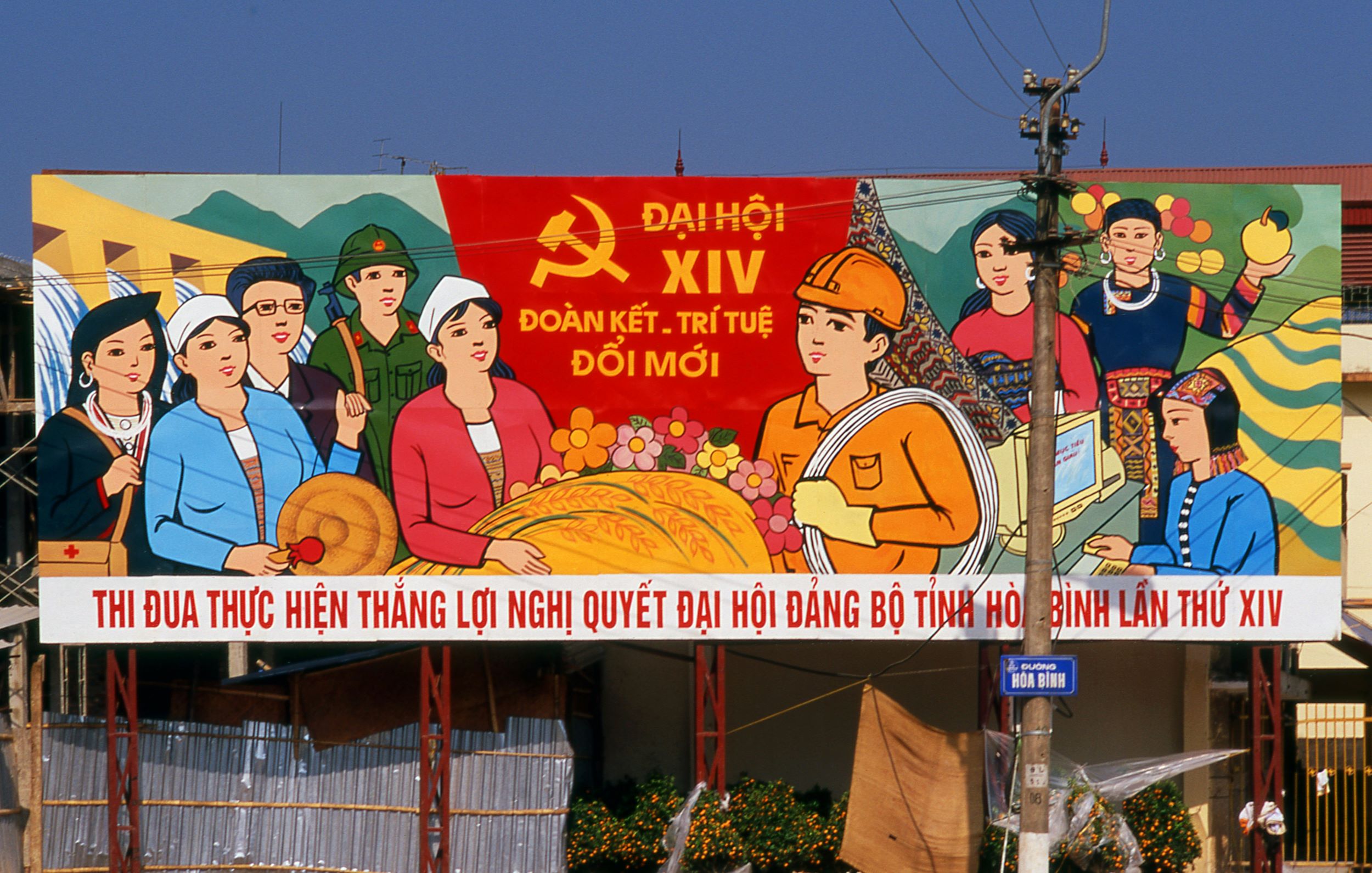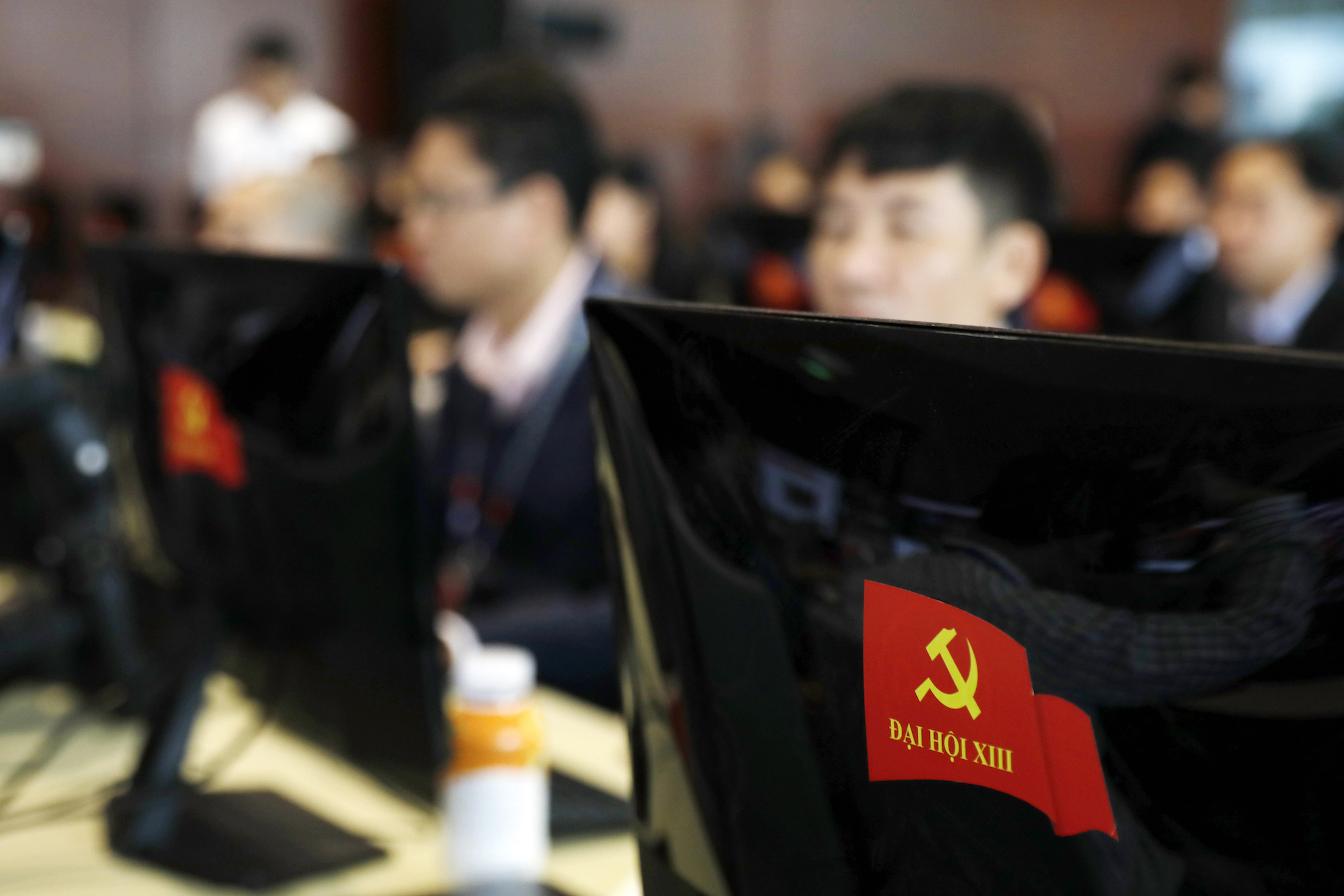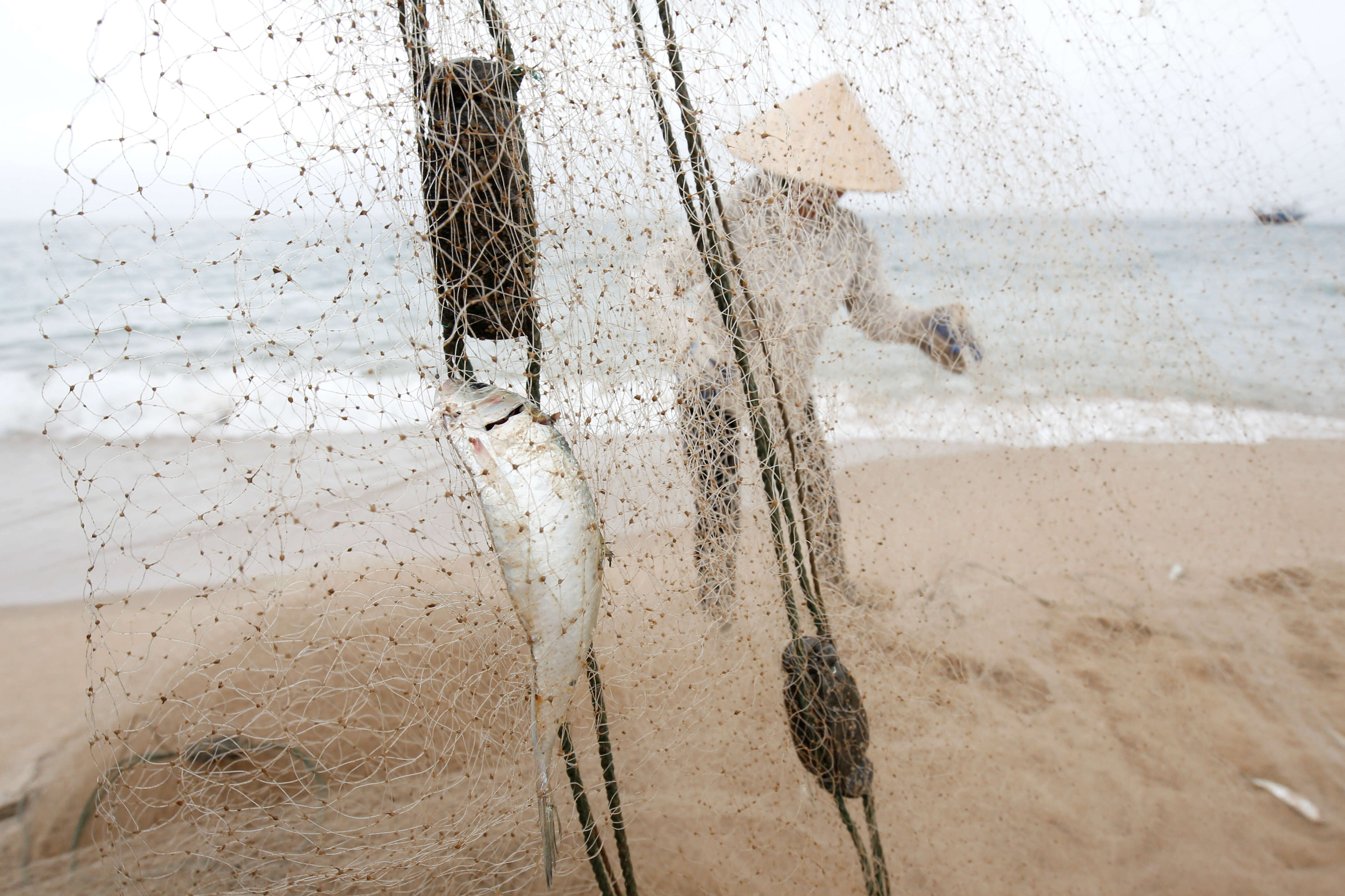SLAPPs—abusive lawsuits designed to silence journalists and activists—are surging across Southeast Asia, exploiting vague laws and weak protections to punish those who speak truth to power. As legal harassment intensifies, journalists face not only imprisonment and censorship but also emotional trauma, exile, and long-term damage to their careers.
In 2020, Tashny Sukumaran, an independent Malaysian journalist based in Kuala Lumpur was summoned to the police for her feature story in the South China Morning post on 1 May 2020 titled “Coronavirus: hundreds of foreign nationals in Kuala Lumpur arrested as Malaysia cracks down on migrants in COVID-19 red zones”. Her report highlighted discriminatory policies against marginalized groups of labourers who toiled to make a living in Malaysia, but was specifically targeted during the pandemic. These groups, as she argued, had already been discriminated against. In short, she has done a public service by reporting on issues affecting migrants and the Malaysian population at large during this time of crisis.
It was not the first time she had faced such a police summons. Soon after, Sukumaran was summoned again for her contribution to the recently banned book “Rebirth: Reformasi, Resistance and Hope in New Malaysia” that features articles from political analysts and journalists on the 2018 general election and new chapters on life in the 'new' Malaysia. The collection of articles was compiled by Malaysian journalist and academic, Kean Wong, for the Australian National University’s New Mandala Malaysia series, who faced upon return to Malaysia.
Section 504 of the Penal Code carries a penalty of up to two years imprisonment for an ambiguously defined “intentional insult with intent to provoke a breach of the peace”.
What Sukumaran has experienced exemplified a common challenge facing Southeast Asian journalists when speaking truth to power: SLAPPs (Strategic Lawsuits Against Public Participation), a lawsuit filed for the sake of suing and shutting down critical voices, not for seeking any form of justice.
In the Global South, such lawsuits are mostly based on defamation claims, mostly in response to exposés by journalists and activists on malfeasance by various state and non - state actors. According to the 2020 report entitled "Defending Defenders: Challenging Malicious Lawsuits in Southeast Asia" conducted by the Business and Human Rights center, SLAPPs abuse libel or other defamation laws, which are available in all SEA countries. 127 cases of judicial harassment against human rights defenders (HRD) have been found in Southeast Asia between 2015 and 2019, making Southeast Asia one of the most dangerous regions in the world for HRDs facing such threats.
SLAPPs: Tool for Silencing Dissent in Southeast Asia?
SLAPPs—Strategic Lawsuits Against Public Participation—are lawsuits intended not to seek justice but to intimidate, drain resources, and silence critics. These suits are typically filed by powerful actors against individuals or groups—often journalists, whistleblowers, and activists—who expose wrongdoing or speak out on public interest issues.
Research has shown that many independent digital news organizations across ASEAN countries have consistently pursued politically sensitive stories, often at significant personal and professional risk. Journalists in these spaces have challenged censorship, even as governments grow increasingly authoritarian. Despite their resilience, journalism in Southeast Asia has become increasingly dangerous. According to the 2024 World Press Freedom Index (by Reporters without borders), only Thailand (ranked 87th) and Timor-Leste (20th) are above the 100th mark. Vietnam and Myanmar, more alarmingly, are now the world’s fourth and second largest jailers of journalists.
SLAPPs thrive in this climate, exploiting the deep imbalance of resources between plaintiffs and defendants. In Southeast Asian societies where saving face is culturally significant, being sued is more than a legal issue—it is a public humiliation. As a result, not only are journalists discouraged from speaking truth to power, but the public is also deprived of vital information.
In Southeast Asia, SLAPP cases might occur across borders. A striking example occurred in 2016, when fourteen Myanmar migrant workers filed a complaint with Thailand’s National Human Rights Commission against Thammakaset Co. Ltd., a poultry farm operator, alleging labour rights violations. Although Thai courts ordered the company to pay 1.7 million baht in unpaid wages, Thammakaset retaliated with a barrage of SLAPP suits—over a dozen in four years—targeting at least twenty people, including journalists and whistleblowers. One of them, journalist Suchanee Cloitre, was sentenced to two years in prison in December 2019.
“The scale of SLAPPs across Southeast Asia demonstrates the need for urgent action to stop this abuse of legal systems and support those facing this outrageous tactic, saysLady Nancy Zuluaga Jaramillo, Senior Legal Researcher & Project Coordinator, Business & Human Rights Resource Centre. “We call on States to fulfil their duty to protect the rights of defenders and for business actors and the legal community to respect the rights of defenders and avoid initiating SLAPPs”.
The Legal Vacuum: Weak or Nonexistent Anti-SLAPP Laws
Only three countries in Southeast Asia—Thailand, the Philippines, and Indonesia—have laws that attempt to guard against SLAPPs. Even then, these protections remain narrow and inadequate.
In Indonesia, for instance, SLAPP-related protections fall under the Environmental Protection and Management Law (UU PPLH). As Hafizh Nabiyyin, Head of the Freedom of Expression Division at the Southeast Asia Freedom of Expression Network (SAFEnet), explains, this law only protects environmental defenders who take legal or litigation-based action.
“This definition has yet to accommodate broader environmental defenders, such as those who circulate petitions, create satirical content on social media, or participate in demonstrations”, says Nabiyyin.”
The inadequacy of anti-SLAPP laws fails to protect other human rights defenders, including journalists covering violations of human rights.
“Although the constitution and several laws guarantee freedom of expression, there is still no anti-SLAPP legal framework explicitly stating that public participation cannot be criminalized”, says Nabiyyin.
In some cases, existing laws are not just failing to protect—they’re actively weaponized. Journalists in several countries have been imprisoned over social media posts, particularly on Facebook. A notable example is independent Vietnamese journalist Trương Huy San. Once a state-affiliated, was dismissed for covering politically sensitive issues. In June 2024, he was arrested under Article 331 of Vietnam’s penal code, accused of “abusing democratic freedoms to infringe upon the interests of the state”—a vague and overbroad charge commonly used to silence dissent.
The Human Cost: SLAPPs and Their Impact on Journalists
The personal toll of SLAPPs on journalists across Southeast Asia is profound and growing.
Sai Zaw Thaike, a Myanmar-based reporter working for Myanmar Now, an independent digital news outlet forced to relocate to Australia after the 2021 coup, became one of the harshest examples of SLAPP-driven persecution. After exposing the government’s poor response to natural disasters, he was sentenced to 20 years in prison for treason—the longest known sentence for a journalist in Myanmar since the coup. While in detention, he was reportedly beaten and pressured to reveal the identities of his colleagues, including one working undercover known as Nay Myo (a pseudonym).
Within days, Nay Myo’s bank account was frozen, and his phone number blocked due to his reporting. Fearing for his safety, he fled the country—leaving behind his pregnant wife, who was seven months alone at the time.
“These incidents made me traumatized”, says Nay Myo. “When journalists expose news that the military doesn’t want to be revealed, they are prosecuted under the Official Secrets Act and charged with state treason.”
The pressure isn’t limited to Myanmar. Febrina Galuh, Executive Director of the Alliance of Independent Journalists (AJI) in Indonesia, notes a rising trend in the criminalization of journalists. In 2023 alone, AJI recorded at least three cases prosecuted under Indonesia’s controversial Information and Electronic Transactions (ITE) Law.
“As the SLAPP cases continue to emerge, it is crucial to revisit or revoke problematic articles in the law such as Electronic Information and Transactions Law (ITE), Data Protection law (PDP), and criminal code (KUHP) that still have “rubbery” interpretation related to defamation and freedom of expression or information”, says Galuh. “It can create a climate of fear among journalists, significantly impacting their ability to report freely and effectively, "
SLAPPs’ negative impact is not limited to the lawsuit itself.
“SLAPPs are often accompanied by other forms of harassment such as surveillance, threats or arbitrary detention”, says Ravi Madasamy, an international human rights lawyer.
While awareness-raising work by civil society actors to amplify the issue is indispensable, activists call for legal reforms to protect journalists for sustainable change. The AJI, for example, has been working with the Press Legal Aid Institute (LBH Pers) to conduct several legal assessments and file a judicial review under Constitutional Court.
“I see some CSOs have been working together on this issue, but the government and legislative bodies need also express concerns about creating a safer environment for media professionals, allowing them to report on issues of public interest without fear of retribution”, says Febrina Galuh.
Strength in Solidarity: Responding to SLAPPs Through Community Support
While legal defense is critical, the response to SLAPPs must also include support systems and community action.
While Tashny Sukumaran, the Malaysian journalist who faced legal action over her reporting during the COVID-19 lockdowns, was eventually cleared thanks to the support of dedicated pro-bono human rights lawyers, the accusation has impacted her career as a journalist. She was not compensated for the time lost. Even though it has not impacted her now independent journalistic works, a background check was overtly made when she participated in a mentorship program for junior journalists.
Sukumaran encourages her peers to document their legal experiences and speak out publicly. “I provide updates on my social media platforms,” she says, highlighting how transparency can raise awareness and encourage solidarity.
She said journalists should always secure a support system, as she was lucky to have. Equipped with legal knowledge, she brought a lawyer with her when she met with the police.
For Yan Ke Wong, a student human rights activist in Malaysia who was sued by his university officials twice on SLAPP, being legally literate and well - informed was key to his case.
“You need to be informed about your rights and enlist support from legal experts”, says Wong. “Calling for support on social media is important”.
For international human rights lawyer Ravi Madasamy, wide-ranging support to victims of SLAPP lawsuits needs to be put in place.
“The first step should be to provide legal assistance by way of creating legal defence funds and provide psychological and emotional support for the defenders which should include creating safe spaces for defenders to share their experiences and seek support from peers and experts”, says Madasamy. “Next step would be to create awareness through media and advocacy campaigns. This can be done by using international forums like the UN by using existing UN legal mechanisms, engaging the European Union, or regional human rights organizations in Southeast Asia to specify cases of SLAPPS and press the government to protect defenders from SLAPPS and hold accountable those who misuse the legal system to suppress dissent.”
The views and opinions expressed in this article are those of the author and do not necessarily reflect the official policy or position of Al Jazeera Journalism Review or its affiliates.
























![Palestinian journalists attempt to connect to the internet using their phones in Rafah on the southern Gaza Strip. [Said Khatib/AFP]](/sites/default/files/ajr/2025/34962UB-highres-1705225575%20Large.jpeg)




















